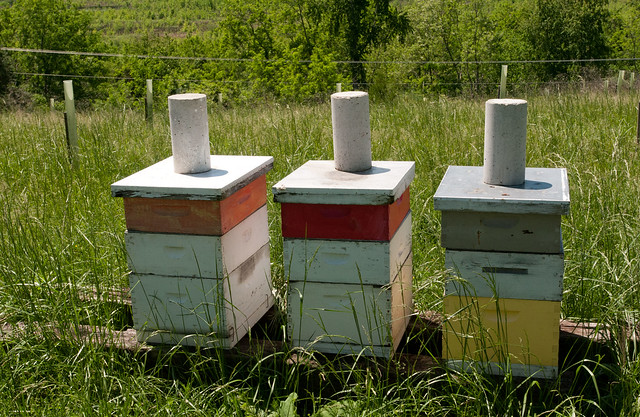When you take the time to apply the correct organic gardening strategies and products, it really does show. It proves you are concerned about the environment as well as the health of your plants. Just like most things in life, there is always room for improvement. The following advice will help you do that.
Using a solution of aspirin water can prevent certain plant diseases. Dissolve 1 aspirin (1.5 pills per 2 gallons of water) in a bucket and administer to your plants. You simply have to spray this on them in warding off diseases. Try to apply the mixture to the plants at least once in each three weeks.
The ambient temperate of a room with live plants should be kept between sixty-five and seventy-five degrees Fahrenheit during the day. The temperature needs to remain warm so the plants can grow. If this is a little too warm for your house, you can use a heat lamp on the plants.
Keep your gardening tools close at hand to make the most of your gardening time.
Make sure you work in your garden. Don’t waste time looking for missing tools.Prepare them all ahead of time and have them handy before you need to garden, and then put them away neatly when finished. If you need, consider using a tool belt or even just some pants that have lots of pockets.
Pine can make a great type of mulch. Cover your beds with the needles, they will disperse acid to the soil.
Put coffee grounds on the soil. Coffee has a lot of essential nitrogenous nutrients that plants need.
Spacing is essential when planning an organic garden. You will most likely underestimate how much space the plants will need as they grow. Plan your garden carefully and put an appropriate amount of distance between the seeds.
Some examples are petunias and petunias. If you don’t know whether your seeds require sun exposure, you can usually find helpful information online that will answer your question.
When you run your personal organic garden, lightly brush over them using your hand up to twice a day. This sounds like total nonsense, but research has proven that doing this will help your plants grow bigger than if they were not petted at all.
If you want to sell your crops as organic, you should become a certified organic gardener. This will improve your sales and prove to your loyal customers that what they are getting is only the best that is grown.
Organic Garden
You are now equipped with some knowledge and new skills to apply to an organic garden of your own. This means you are adequately prepared and ready to start! These tips should provide you with a good basis for your gardening. You might even have learned something you hadn’t known before to use in your organic garden.

